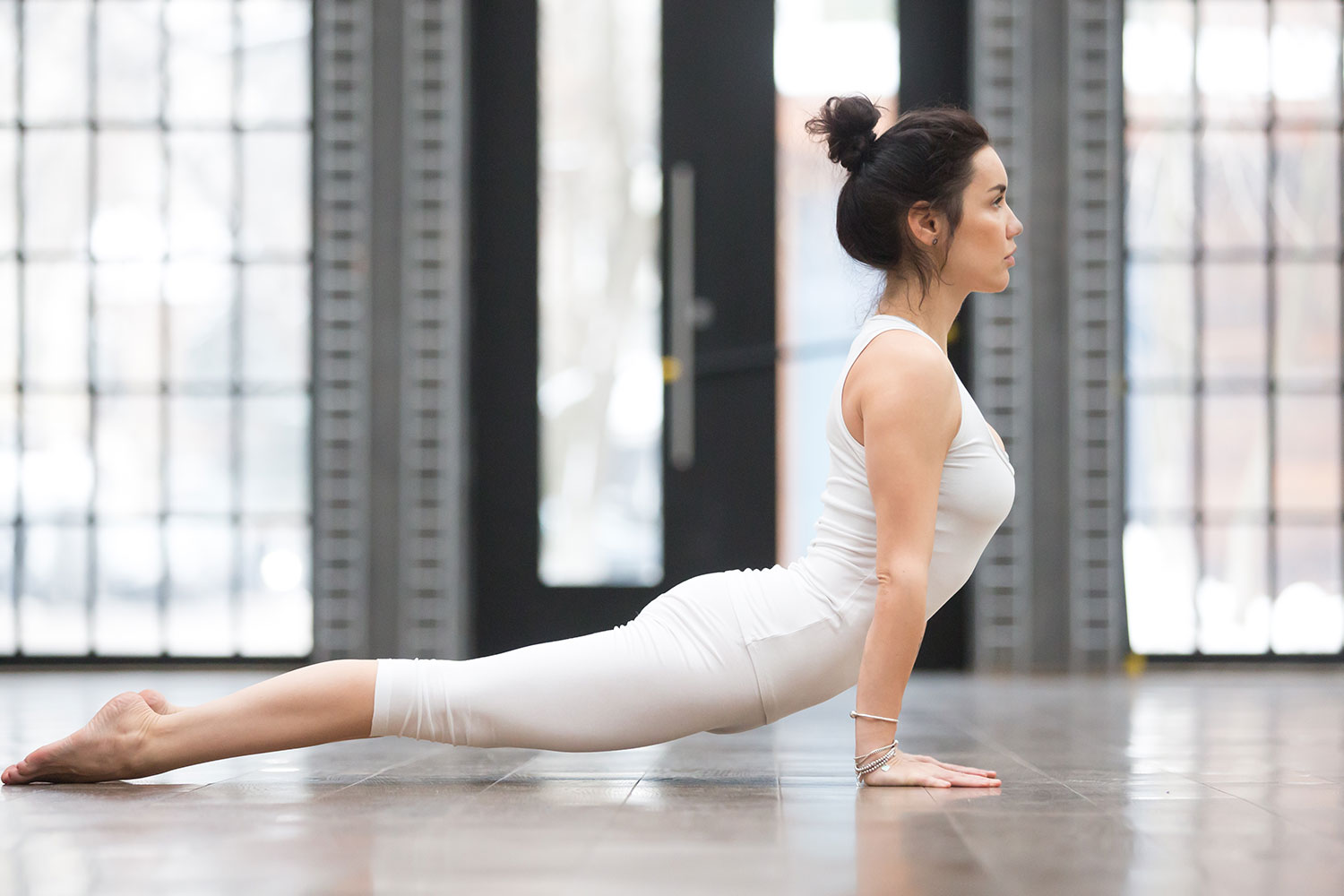Lower back stretching can provide many benefits other than helping you rid yourself of lower back discomfort. Here are the advantages and most effective yoga poses to attempt.
Lower back discomfort is frequent problem that affects those who lead in a lifestyle of sedentary. Back pain in the lower back is a frequent issue that is caused by a variety of problems such as sleep walking, sitting, and walking. However, don’t worry about it because relief is only a few stretching. Lower back stretches can be like an ice cream for your spine, providing relaxation and comfort.
For those who are not able to lower back stretch, they are exercises specifically designed to ease tension stiffness and pain in that lower region of the back. The stretches usually involve moves that gently flex to extend, rotate, or stretch the spine to improve flexibility, ease tension in the muscles, and increase ease in your lower back muscles according to yoga teacher and spiritual teacher, Himalayan Siddhaa Akshar.
Benefits of stretching the lower back
Although stretches for lower back muscles are regarded as the most effective way to relieve back discomfort, there are many other advantages of stretching also. Here are the advantages of Lower back posture exercises as per Askhar:
Lower back pain is less painful
Lower back stretches are especially beneficial in helping to ease low back discomfort, regardless of whether it’s due to muscle tension and poor posture or even minor injuries.
Increases flexibility
Regular stretching can improve the flexibility of the lower back and muscles surrounding it that can help prevent injuries and increase overall mobility.
Enhances posture
Stretching your lower back muscles can help improve posture by relaxing muscles that are tight, which can cause the back to be pulled out of the proper alignment.
Reduces stress
The practice of stretching, in general, can aid in reducing tension and stress throughout the body including the lower back.
Protects against injuries
In order to maintain flexibility and flexibility and range of range of motion in lower back stretch can help reduce the risk of strains and sprains that can occur during exercises.
Better Range of Motion
Stretching your lower back muscles will improve your ability to move around and do daily activities more easily.
Improves circulation
Stretching can improve the flow of blood into the back region which aids in your healing as well as improve overall health.
Enhances performance in sports
Many athletes use lower back stretch in the course of their routines of warming up to help prepare themselves for physical exercise and to reduce the risk of injuries.
Relieved from the an unhealthy lifestyle
Individuals who sit for prolonged periods of time at work or during routine activities can benefit from stretches for the lower back to combat the negative adverse effects of long sitting.
Stretches for lower back that are the best in yoga
According to the fitness expert this is the top lower back stretch you can perform:
Balasna or Child’s Pose
One of the easiest and most effective lower back exercises start by bending your knees on the floor with your toes in contact and your knees separated. Remain on your feet and lift your arms in front and stretch your lower back slowly. Do the posture for 20-30 minutes while inhaling deeply. The pose can be repeated.
Pawanmuktasana or Knee-to-Chest Stretch
To perform this pose lay lying on the mat, with your legs stretched. By bending one knee towards your chest, and holding it using your hands, slowly pull it towards your chest. Switch to the opposite leg after 20-30 minutes.
Paschimottanasana or Seated Forward Bend
Place your feet on the floor with your legs stretched out. Flex your hips forward slowly, extending your toes until they are you feel comfortable. Make sure your knees are slight to the side in case to prevent discomfort in your lower back. Keep the pose for 20-30 minutes.
Khandarsana or Pelvic Tilts
Lay on your back, and bend your knees. Place your feet lying flat on the floor. Move your pelvis gently forward and back while tilting it up before lowering it back. This motion helps mobilize your lower back and ease stiffness. Perform 10 repetitions.
Padahasthasana or Standing Forward Bend
Keep your feet about hip-width apart. Slowly bend forward towards your waist while keeping the knees bent in order to avoid strain. Try reaching at your toes or the maximum distance you can comfortably. Keep the posture for 20-30 minutes.
The Supine Twist in Shavasana
Relax on your back and lie down and bend your knees, and feet placed flat on the ground. Allow your knees to fall toward one direction while maintaining your shoulders flat on the ground. This position encourages spinal flexibility and also stretches your lower back. Keep each position for 20-30 minutes
Be sure to take deep breaths and keep a steady pace when you are doing these stretches. Also, do not force your body into an alignment that causes discomfort or pain. As your flexibility grows and you get more flexible, gradually increase the amount of time that you are doing each stretch, according to the yoga instructor.








